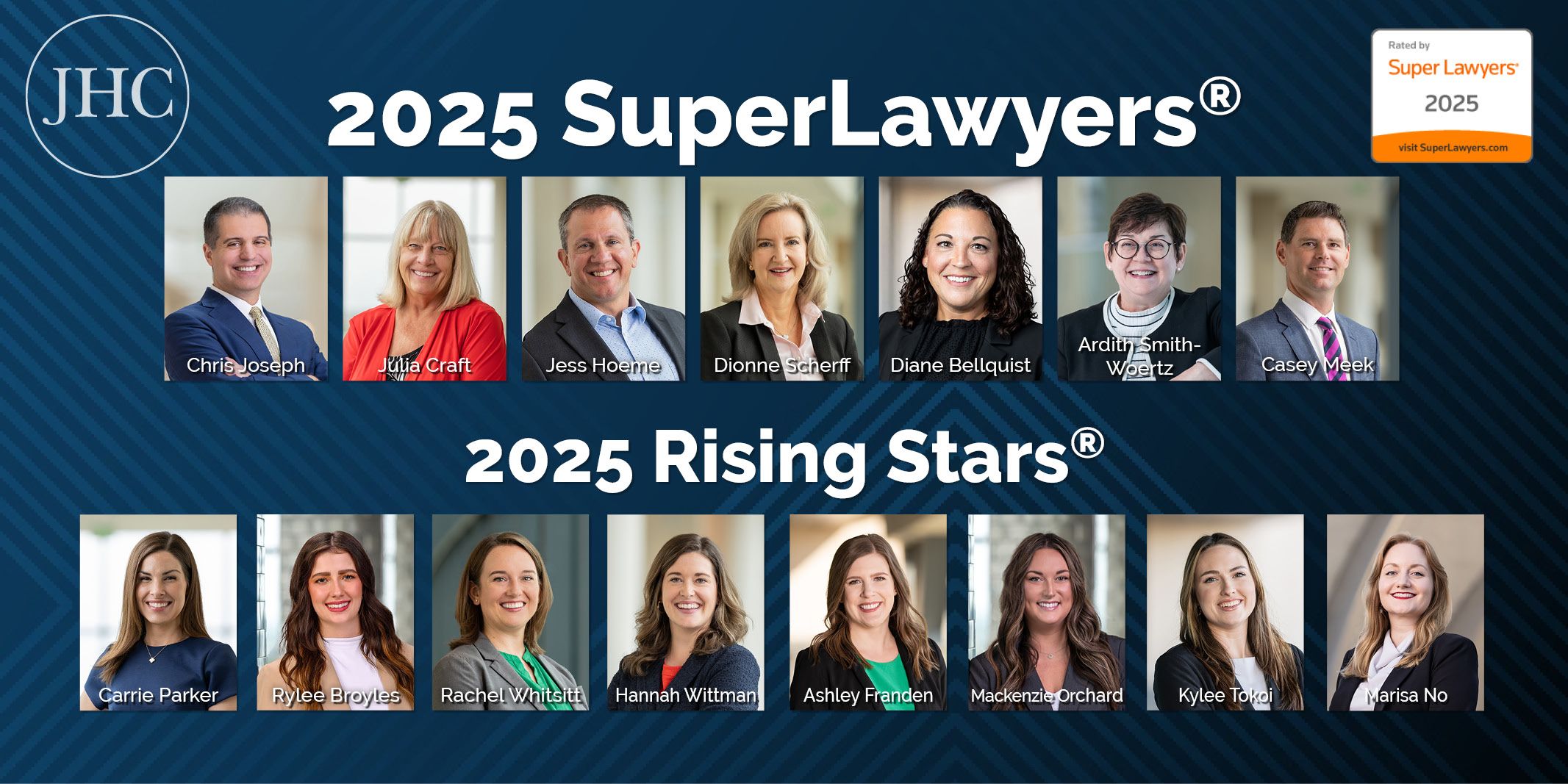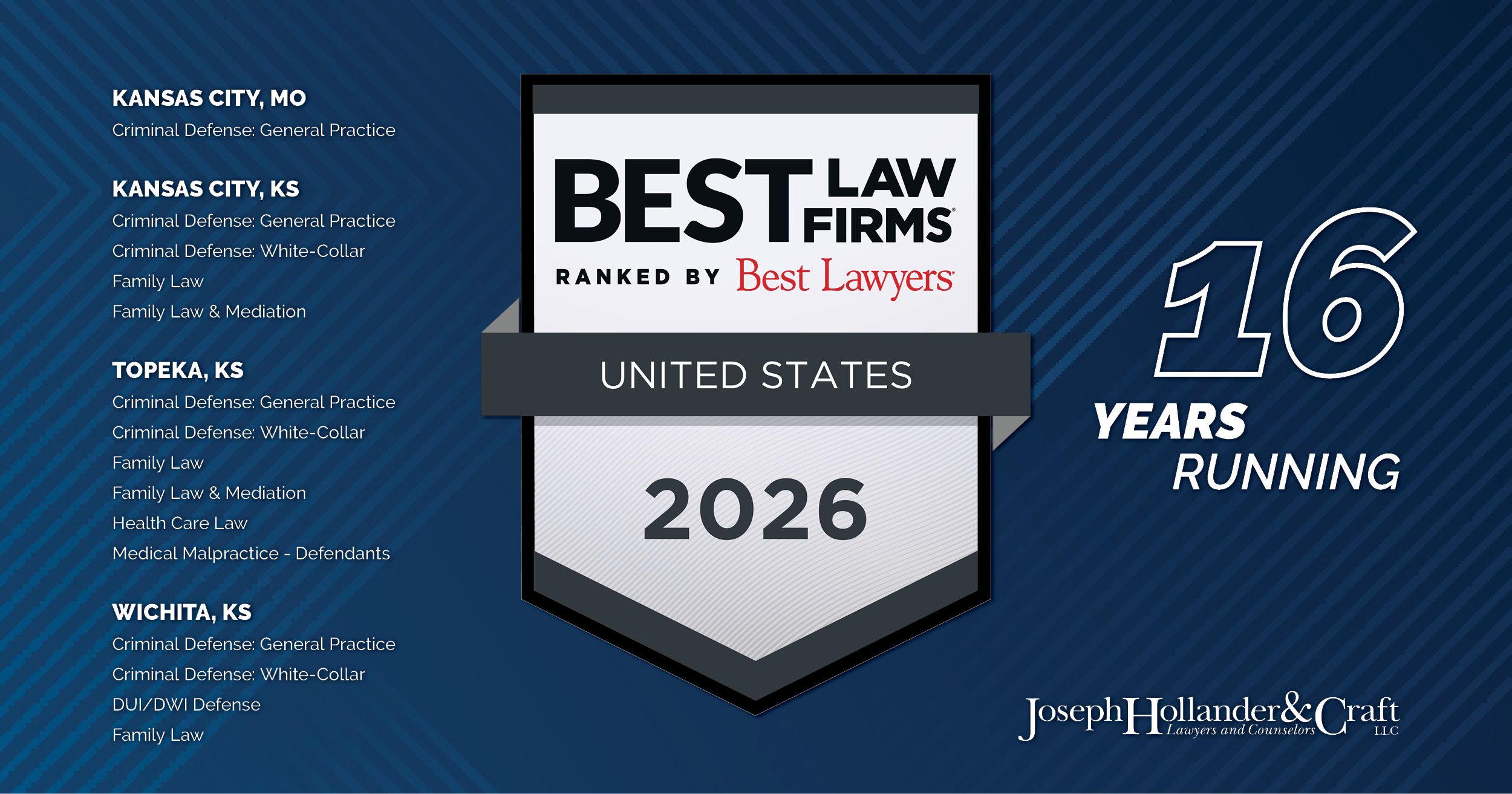Last month, The Marshall Project reported that Wicklander-Zulawski & Associates, a consulting group that says it has worked with a majority of U.S. police departments, announced it would stop teaching the Reid interrogation technique. Even those who don’t know the technique by name may recognize parts of it from television crime dramas. The hallmarks of a Reid-style interrogation are a small room, repeated accusations of guilt, confrontation with evidence of guilt (“evidence” that sometimes doesn’t actually exist), and a presentation that makes the subject of the interrogation feel like confession is the easy way out. Too often, that last part is achieved by promising leniency to reward confession and/or making coercive threats to punish a suspect’s continued denials.
Particularly when employed with such promises or threats, the Reid method has been known to produce false confessions. The technique was noted in Miranda v. Arizona, 384 U.S. 436 (1966), as part of the reason that explicit warnings of constitutional rights must be offered before custodial interrogations. It has been widely criticized, particularly by scholars Richard Ofshe and Richard Leo, as capable of being employed in a psychologically coercive manner.
In sum, the announcement from Wicklander-Zulawski & Associates is excellent news. But one consulting group’s decision will not necessarily affect every law enforcement agency. And, even as better methods (such as the shut-up-and-listen approach developed by the High-Value Detainee Interrogation Group) gain momentum, years of police training in the Reid method may take time to die off.
Joseph, Hollander & Craft’s criminal defense attorneys have observed the Reid method in practice by Kansas law enforcement. We have also successfully challenged statements obtained through the use of that method—convincing the court to suppress the statements, resulting in dismissal of the case.
If you are being investigated for or have been charged with a crime, contact the experienced defense attorneys at Joseph, Hollander & Craft. With attorneys in Wichita (316-262-939), Topeka (785-234-3272), Lawrence (785-856-0143), and Overland Park (913-948-9490), we serve clients from the Oklahoma border to the Kansas City area.













